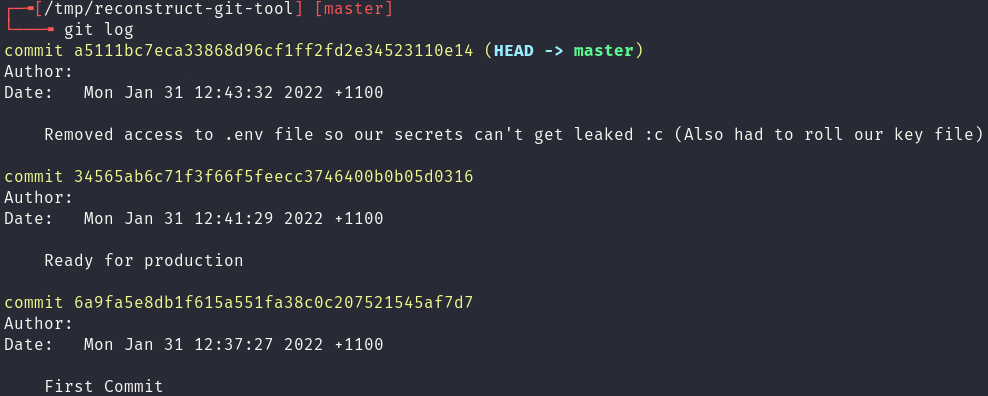Building an Effective Cyber Security Strategy
A cyber security strategy is a comprehensive plan of actions and a portfolio of technologies, policies, procedures, and measures designed to protect and minimise risk to an organisation’s digital assets, information, and technology infrastructure from a wide range of cyber threats and attacks. An effective strategy should be a commitment to staying vigilant and applying… Continue reading Building an Effective Cyber Security Strategy
The Importance of Regular Penetration Testing for Cloud Security: What is the cost of deprioritisation?
In the ever-evolving landscape of cybersecurity, cloud computing has become the backbone of modern businesses. The agility, scalability, and cost-effectiveness of cloud services have revolutionised the way organisations operate. However, this digital transformation has also introduced new and complex security challenges. Maintaining security is a challenge for all businesses operating directly or indirectly in the… Continue reading The Importance of Regular Penetration Testing for Cloud Security: What is the cost of deprioritisation?
The Best AI Chatbot for Penetration Testing (Part Two)
Our previous article reviewed 5 of the top AI Chatbots in an attempt to determine which bots performed the best when used to source knowledge, code and build a Penetration Testing tool for 3 subject matter areas. Unsurprisingly this review only led to more questions and a very clear outcome. ChatGPT was the head and… Continue reading The Best AI Chatbot for Penetration Testing (Part Two)
What is the best AI ChatBot to use for Penetration Testing (Part One)
Our earlier Red Cursor blog articles on how to use ChatGPT to aid with Penetration Testing have given our team cause to pause and wonder, what is the best AI Chatbot for aiding in pen testing? Unsurprisingly, our research has led to many more questions, so for a bit of foreshadowing, we will need to… Continue reading What is the best AI ChatBot to use for Penetration Testing (Part One)
How AI Chatbots can Expedite Penetration Testing Service Delivery
ChatGPT is an artificial intelligence (AI) language model developed by OpenAI that is capable of generating human-like responses to natural language input. It is based on the Generative Pre-trained Transformer (GPT) architecture and has been trained on a vast amount of text data, enabling it to understand and generate coherent and relevant responses to a… Continue reading How AI Chatbots can Expedite Penetration Testing Service Delivery
Social Engineering: How Secure Organisations Are Compromised
Social Engineering is an issue not just for casual internet users but is a very successful methodology for malicious operators to bypass strong security protocols in businesses, even large global brands as demonstrated in the media. Companies with top down technical expertise may still have employees trained in simple security protocols but can still be… Continue reading Social Engineering: How Secure Organisations Are Compromised
Is Your Business Balancing API Productivity Gains with Risk Mitigation?
APIs are a critical component of any digital business, sharing information between various software solutions and streamlining and improving business productivity through system integration. They allow modularity in development projects, increase the scalability of the business and in theory should enhance your software security. API security breaches have become increasingly common in recent years, with… Continue reading Is Your Business Balancing API Productivity Gains with Risk Mitigation?
Using Mimikatz
OverPass-the-Hash Mimikatz can perform the well-known operation “OverPass-The-Hash” to run a process under the security context of another account’s credentials. This is extremely powerful and should not be underestimated. Behind the scenes, Mimikatz requests a Kerberos ticket from the domain controller using the NTLM hash provided. The Kerberos ticket allows authentication to Kerberos services within… Continue reading Using Mimikatz
Penetration Testing Frequently Asked Questions
When is penetration testing required? You have developed an application (in-house or outsourced), purchased an application (commercial off the shelf product), or purchased a software as a service (SaaS) and have concerns or compliance requirements regarding the security of the application or data stored. These concerns can be broadly categorised, in that an adversary or… Continue reading Penetration Testing Frequently Asked Questions
Exploring .git leaks
One of the most common mistakes a developer can make, especially when working with technologies like Docker, is copying their .git folder into the web root of their website. This vulnerability usually leads to leaked secrets, credentials and source code. In this blog post Red Cursor will: identify the existence of a .git folder on… Continue reading Exploring .git leaks
Why is penetration testing required?
What is Penetration Testing? Penetration testing, whether it be black box or white box, is a form of risk assessment that aims to identify cybersecurity vulnerabilities and risks within a system. Usually, security is considered a balancing act between confidentiality, integrity and availability. Confidentiality being the ability of the system to keep personal information secret.… Continue reading Why is penetration testing required?
Penetration Testing and Web Application Firewalls
A Web Application Firewall (WAF) is a defence-in-depth mitigation against common web attacks by monitoring and filtering HTTP traffic. WAFs work by analysing the plaintext content of HTTP messages between the client and server to determine if the given message is malicious. If it’s deemed to be malicious, the WAF stops the message from reaching… Continue reading Penetration Testing and Web Application Firewalls












